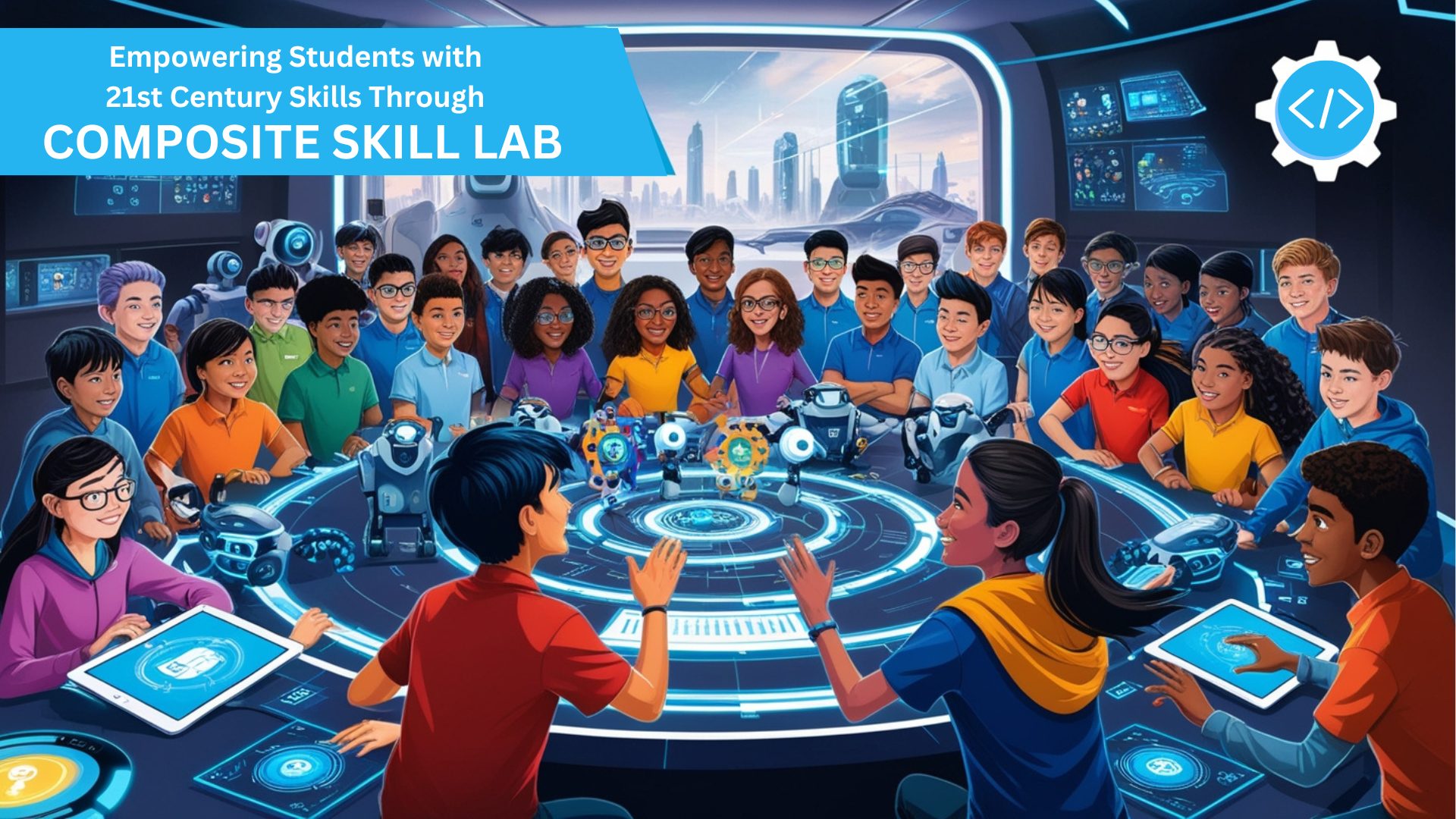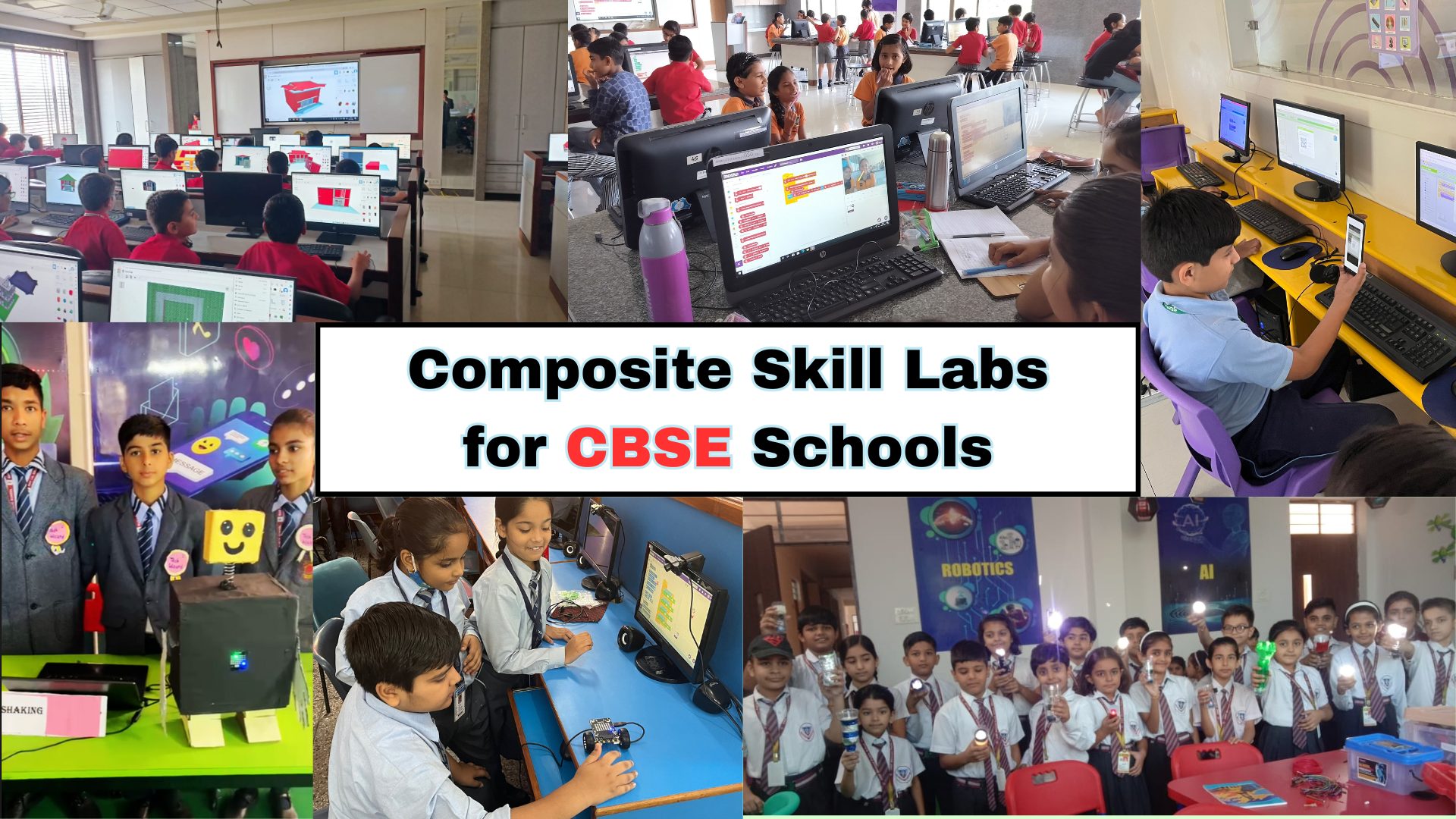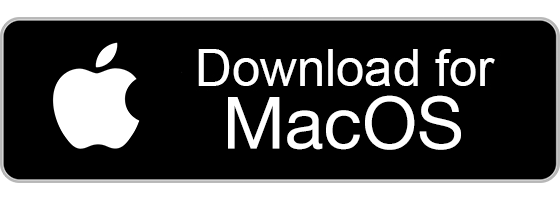ChatGPT (Chat Generative Pre-trained Transformer) is a natural language processing tool driven by AI technology. With the help of ChatGPT, you may chat with a chatbot in a way that is similar to that of a human being, as well as perform a lot more.
The language model (ChatGPT) can assist you with things like writing emails, articles, and code, as well as provide answers to your queries.
History of ChatGPT
To begin with, ChatGPT was created by OpenAI, an AI and research company. The company launched ChatGPT on Nov. 30, 2022.
OpenAI’s CEO, Sam Altman, reported on Twitter that ChatGPT had more than 1 million users in the first five days of its existence. ChatGPT is the app with the fastest rate of growth ever, according to research from the Swiss bank UBS. About two months after its launch, a UBS report predicts ChatGPT had 100 million active users in January. Comparatively, TikTok reached 100 million users in nine months.
Analyzing conversations and understanding words, grammatical structures, sentences, and so on helps in providing a response or solution; this simply means ChatGPT can choose the context, recognize objectives, and change responses accordingly. Apart from virtual discussions, ChatGPT may generate human-like content such as poems, essays, or term papers, debug code, and answer questions, among other things.
Everyone else believes ChatGPT to be a technological game changer. Can it take the place of human talent? If so, in what conditions? Can it take the place of creativity in areas like advertising?
How is Chatgpt leaving his mark in different areas?
Since its launch in 2020, ChatGPT has made waves in the AI community. It has been used in a variety of applications and has been adopted by developers and businesses alike.
ChatGPT in the Healthcare Sector:
One of the most notable uses of ChatGPT is in the healthcare industry. ChatGPT can play several roles in a healthcare center. It can be used to automate customer service tasks such as scheduling appointments, answering FAQs, or providing health tips. It can also be used to help with medical diagnostics by using natural language processing to analyze patient symptoms and provide potential diagnoses. Additionally, ChatGPT can be used to provide personalized health advice that is suited to the user’s individual needs. This has the potential to drastically reduce the amount of time spent on patient interactions.
ChatGPT in the Education Sector:
ChatGPT is also being used in education. With its natural language processing capabilities, ChatGPT can be used to check student work, provide feedback, and help students learn. This could be a huge blessing for educators, as it could allow them to quickly grade and provide feedback to their students without having to manually read and evaluate their work.

ChatGPT in the Customer Service Sector:
ChatGPT is also being used in customer service. Companies are using ChatGPT to provide customers with automated customer service. This allows customers to get answers to their questions quickly and easily without having to wait for a customer service representative.
ChatGPT in the Legal Sector:
ChatGPT is also being used in the legal industry. With their natural language processing abilities, lawyers can quickly and accurately answer legal questions in their language. This can be a huge time-saver for lawyers, as it can drastically reduce the amount of time spent researching and providing legal advice.
Overall, ChatGPT is leaving its mark in a variety of different industries. Its natural language processing capabilities are allowing businesses and developers to quickly and accurately interact with their customers and users. It has the potential to drastically reduce the amount of time spent on customer interactions and provide more accurate answers. As ChatGPT continues to grow and develop, its impact on different industries will only continue to expand.
The impact of ChatGPT on our system can be far-reaching. It can lead to better customer service, an improved customer experience, and better customer satisfaction. It can also provide more accurate predictions, recommendations, and insights based on conversations. All of these can lead to increased efficiency and productivity and, ultimately, greater success for businesses.
Disturbing concern
In conclusion, the impact of ChatGPT on the future of education remains a disturbing concern. Especially the thinking skills would be the early victims. At this stage, it may not be feasible to predict exact future complications.
The concern is that with the overuse of technology, people are losing their ability to think critically and creatively. Technology is making it easier to access information, but it is also making it harder to think through problems and come up with solutions. This is because technology encourages a more passive and reactive approach to learning than an active and creative approach. This type of learning can reduce the ability to develop creative thinking skills as well as the ability to think outside the box and come up with creative solutions. The impact of ChatGPT on the future of education remains a disturbing concern. Especially the thinking skills would be the early victims.
In addition, the increased use of technology can reduce the need for manual labour in many industries, which can lead to job losses for individuals who have traditionally relied on manual labour for their livelihoods. This can be especially damaging in developing countries, where manual labour is often the primary source of income. Additionally, technology can reduce the need for human interaction in many areas, which can lead to a decrease in social interaction and poorer mental health outcomes. Furthermore, the use of technology can increase inequality and put a strain on the environment, as many technologies are powered by non-renewable resources.
At this stage, it is impossible to predict the exact future complications of enhancing technologies, as, by definition, these complications are unknown. However, it is possible to identify potential risks and challenges associated with the advancement of technology, such as significant ethical and privacy issues, security problems, and economic consequences. Additionally, the risk of misusing technologies should also be considered.
To ensure that technology promotes and supports human growth, learning, and development, all stakeholders must ensure the appropriate use of technology. This is especially relevant to the sector of education. Till then, let us chit-chat on ChatGPT and keep experimenting with it.







